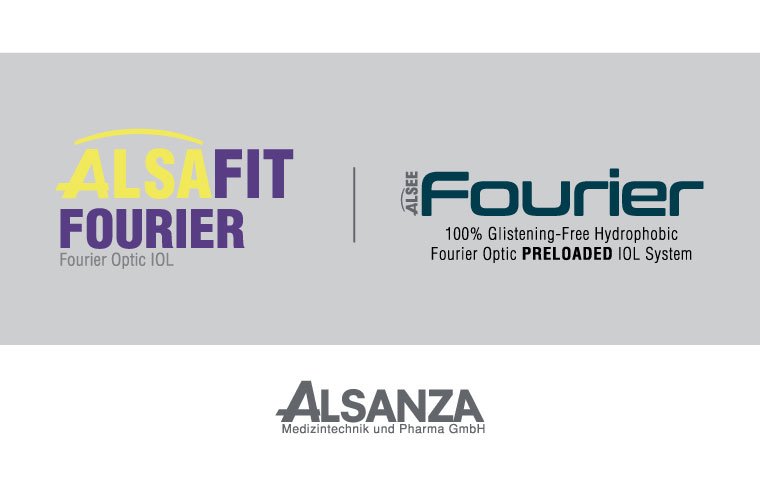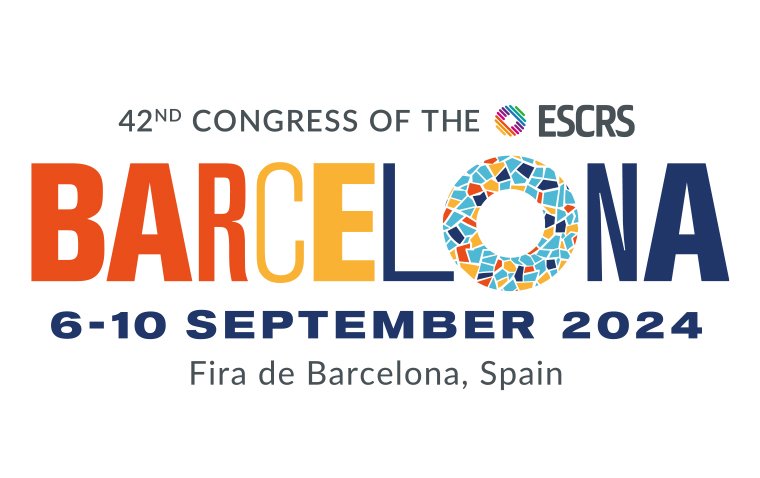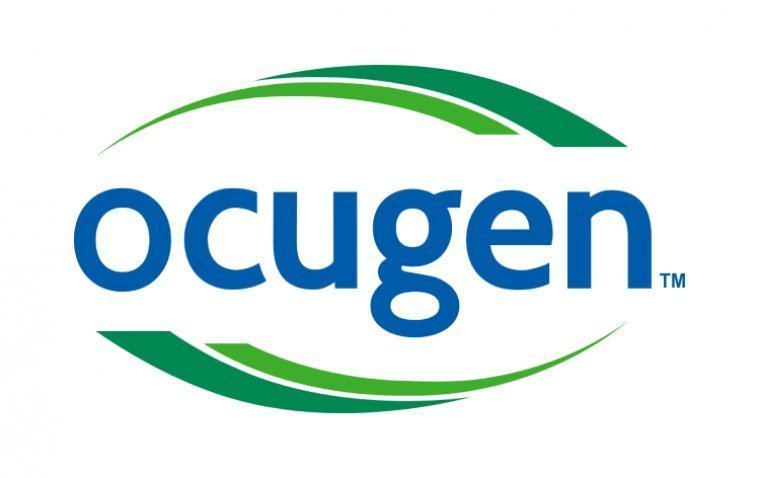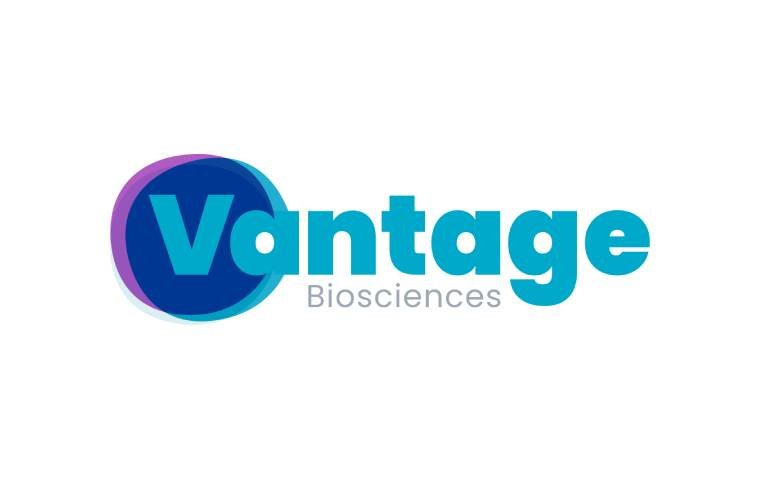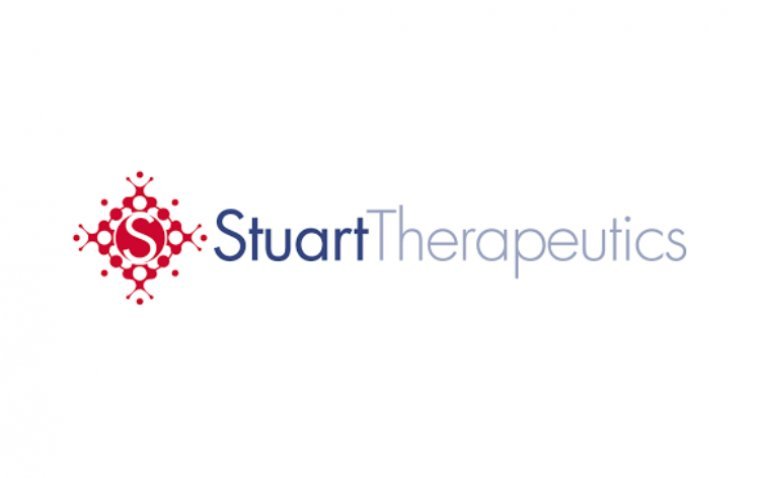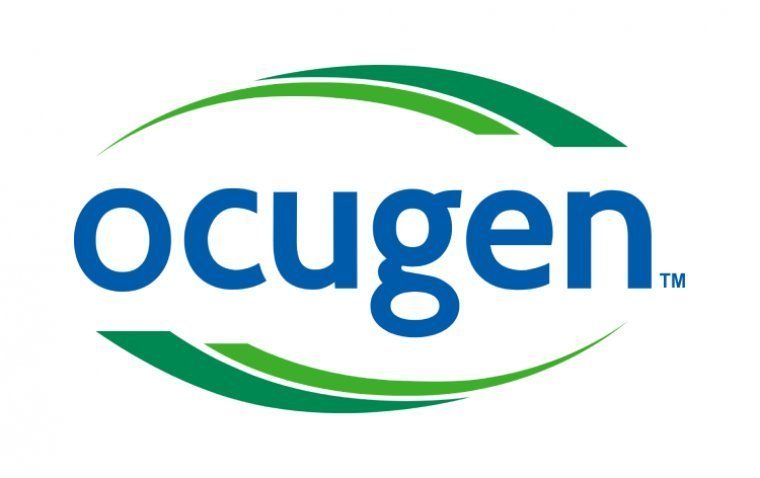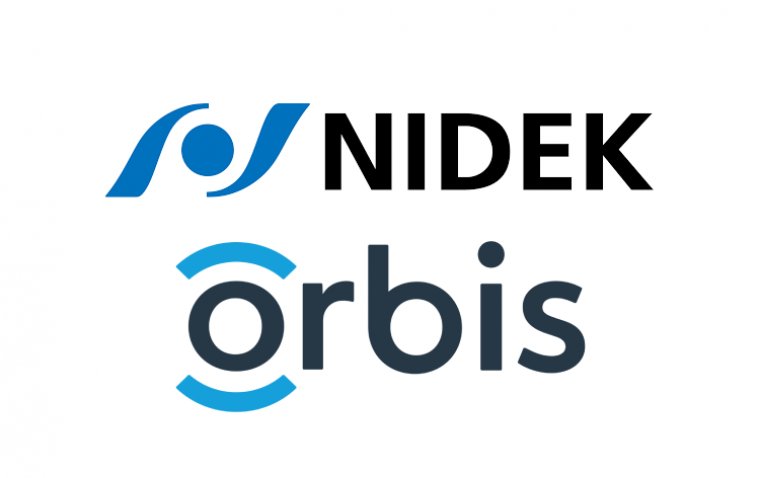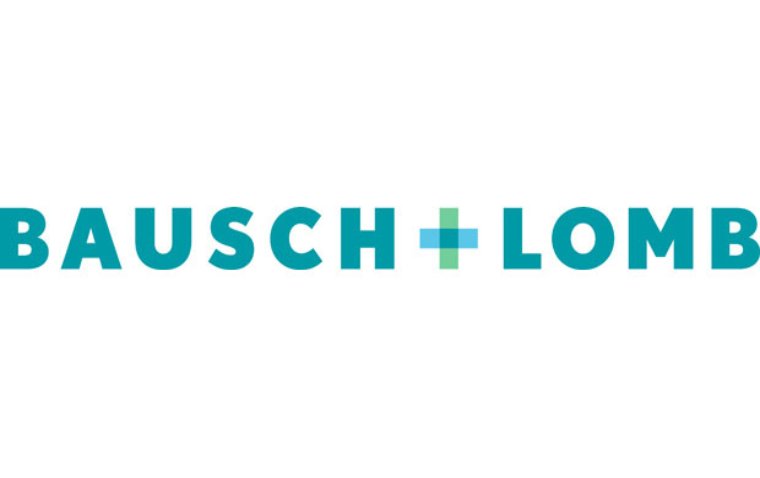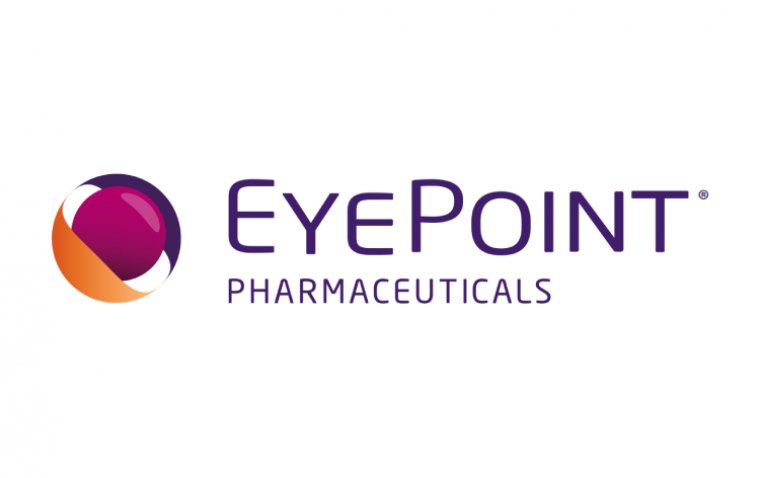
EyePoint Pharmaceuticals Initiates VERONA Trial for EYP-1901 in DME
EyePoint Pharmaceuticals announced the dosing of the first patient in the VERONA clinical trial for their investigational therapy, EYP-1901, for the treatment of Diabetic Macular Edema (DME).
EYP-1901, a sustained delivery therapy, incorporates vorolanib, a selective tyrosine kinase inhibitor, formulated in bioerodible Durasert E. The therapy is designed to provide localized treatment for a spectrum of ophthalmic diseases, with vorolanib exclusively licensed to EyePoint by Equinox Sciences for regions outside of China, Macao, Hong Kong, and Taiwan.
The VERONA trial, described by the company as a randomized, controlled, single-masked, phase 2 study, focuses on DME patients who have previously undergone treatment with a standard-of-care anti-VEGF therapy. The trial, with an expected enrollment of approximately 25 patients, will assign participants to one of two intravitreal doses of EYP-1901 or an aflibercept control.
The primary endpoint for VERONA is the time to the first supplemental aflibercept injection within 24 weeks based on established supplement criteria. Secondary endpoints include safety measures, changes in best-corrected visual acuity, alterations in central subfield thickness via optical coherence tomography, and shifts in the diabetic retinopathy severity scale over time.
Dr. Jay Duker, Chief Executive Officer of EyePoint Pharmaceuticals, expressed enthusiasm in a press release, stating, “Dosing the first patient in the phase 2 VERONA trial represents another significant milestone in advancing our mission to improve the lives of patients with serious retinal diseases." Dr. Duker highlighted the considerable need for more efficient and enduring treatments for DME, emphasizing that the burdensome nature of current therapies can result in under-treatment.
He further noted, “We are encouraged by the growing body of clinical data for EYP-1901 and we are optimistic that EYP-1901 has the potential to change the current treatment paradigm for DME with topline data expected in Q1 2025.”
Dr. Duker concluded by sharing the company's anticipation for upcoming milestones, including topline data from the phase 2 PAVIA clinical trial in non-proliferative diabetic retinopathy expected in the second quarter of 2024, and the initiation of the first Phase 3 pivotal trial in wet age-related macular degeneration (wet AMD) anticipated in the second half of 2024.
(1).jpg)
